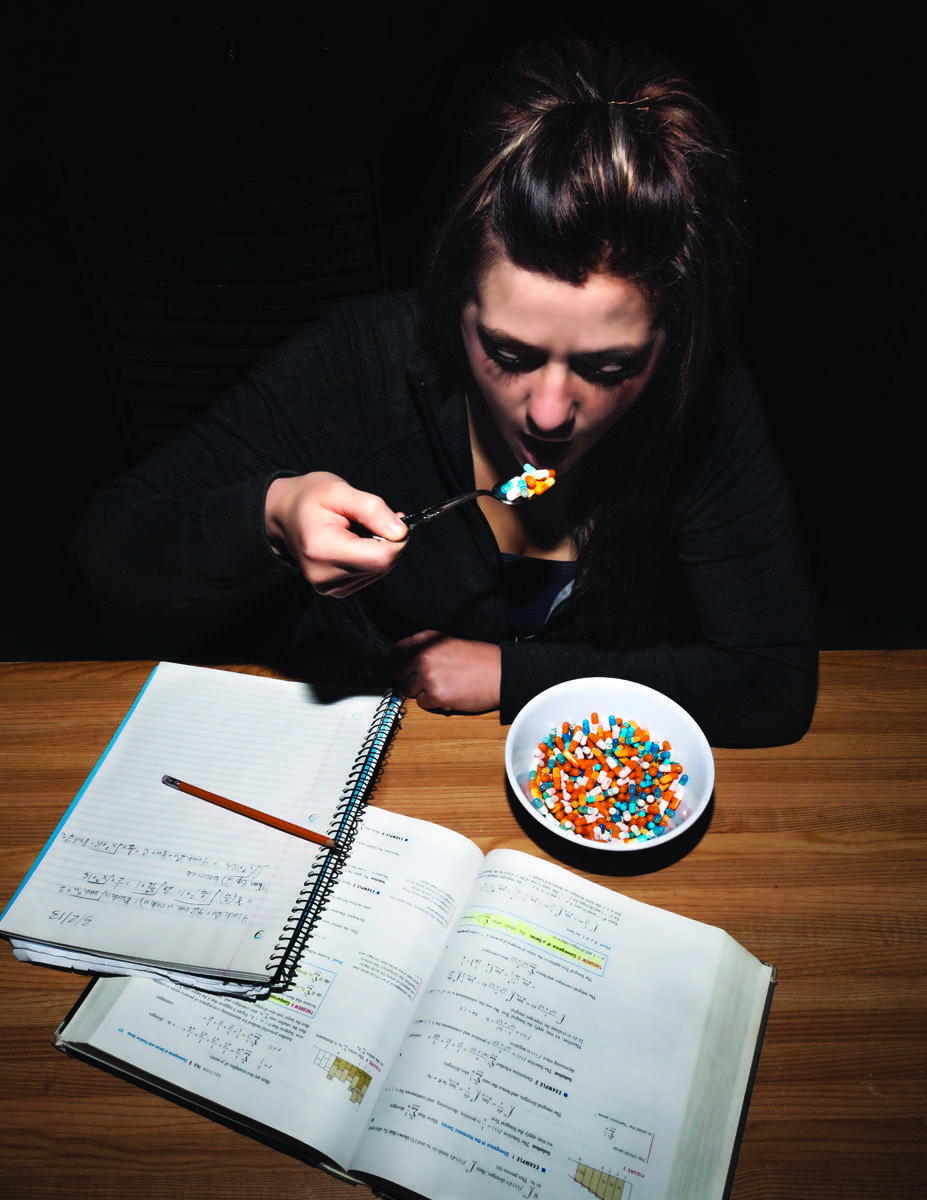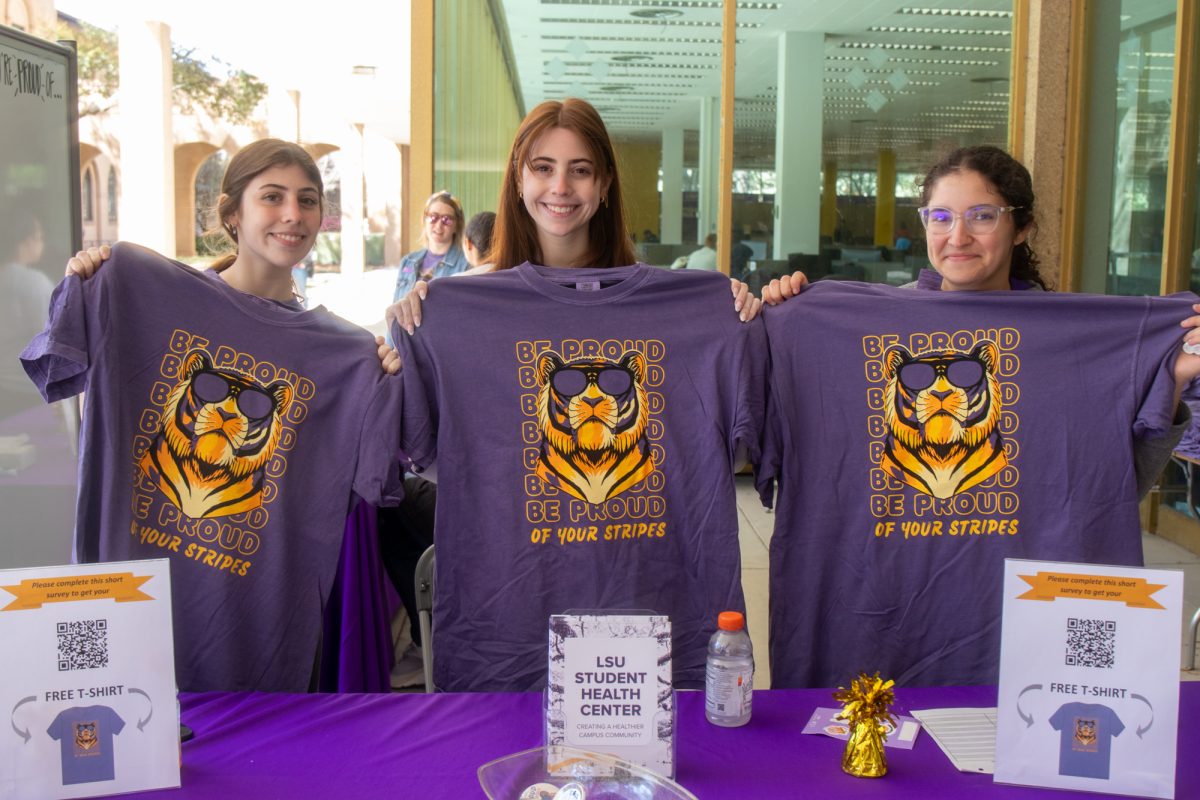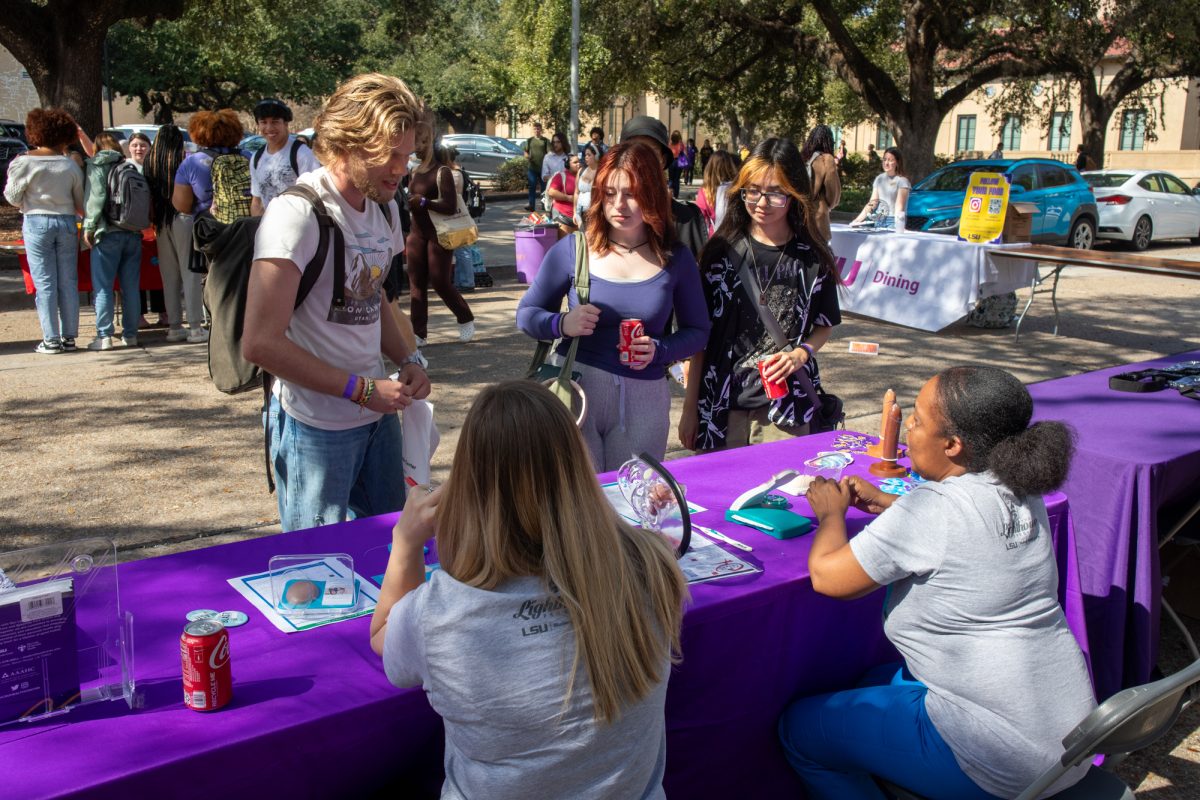October is National Medicine Abuse Awareness Month, and although the Student Health Center has no programs in place for the month, studies have shown nonmedical use of Adderall is on the rise.
According to the 2011 National Survey on Drug Use and Health, 86,000 people ages 18 to 25 used Adderall nonmedically. In 2006, it was 66,000.
Stimulant medications — those used to treat ADD and ADHD — include Concerta, Ritalin, Vyvanse and Adderall.
Mass communication junior Taylor Falcon said he has friends who abuse prescriptions drugs and believes it’s a problem nationwide.
Falcon said students feel like they have to take stimulants such as Adderall if they are in a bind. To prevent this need, he said students should be taught other methods to study and recall material instead of taking stimulants to focus on academic materials.
Although some students may believe taking stimulants assist them academically, the Center on Young Adult Health and Development reported that students who take these stimulants without a prescription have lower GPAs and more frequently skip classes.
LSUPD spokesman Capt. Cory Lalonde said LSUPD sees medicine abuse on campus, specifically ADHD medication and pain medication like oxycodone.
Possession of a controlled substance, including medications, without a prescription is a felony. If LSUPD has probable cause, Lalonde said, they will search for the prescription medicine and book the culprit in the East Baton Rouge Parish Prison.
Lalonde said law enforcement keeps a close eye on medicine abuse at the University, but he said he does not think medicine abuse is a problem on campus.
However, medicine abuse cases tend to go unnoticed. The number of cases of medicine abuse reported to LSUPD is probably less than the actual number, Lalonde said.
Mass communication freshman Rachel Hamburger said she thinks people would stop abusing medicine if they knew the repercussions.
“You can get in so much trouble with the law if you get caught taking medicine that is not prescribed to you,” Hamburger said.
The SHC has established guidelines for students receiving prescriptions of medications for the treatment of ADD and ADHD.
Students must pass an initial assessment by a mental health professional — a psychiatrist or a psychologist. They must also see a mental health professional on a regular basis to re-evaluate the student’s condition.
The SHC recommends students see the same SHC provider each time their prescriptions need to be refilled.
The guidelines advise students not to share their medication with others, warning these stimulants are Schedule II controlled substances and their abuse may led to severe psychological or physical dependence. The SHC’s ADHD card warns students these medications are closely monitored because of the high risk of dependency.
The SHC holds the right to request a urine drug screen of student patients.
Universities see rise in medicine abuse, National Medicine Abuse Awareness Month attempts to combat
October 21, 2014
Adderall is easier to get than ever, and students are taking advantage.
More to Discover










